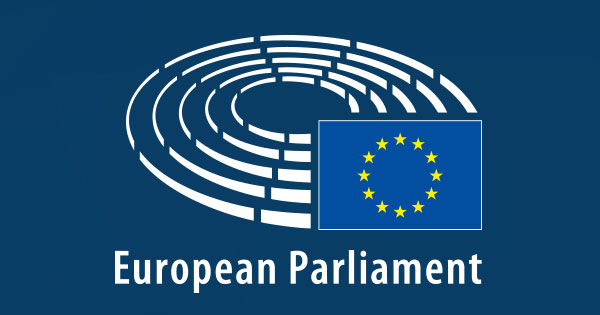The proposed reform goals to alleviate customs authorities who’ve come beneath enormous stress resulting from the exponential development of e-commerce and plenty of new product requirements, bans, obligations and sanctions that the EU has put in place in recent times.
MEPs endorsed the Fee’s proposal whereas amending it to additional simplify procedures, make clear knowledge processing and accessibility, create a platform for whistleblowers, make the new EU DataHub out there earlier, facilitate commerce and reduce the burden, particularly for SMEs.
New method to e-commerce and ordering items from exterior the EU
Proper now, 65% of e-commerce shipments are deliberately undervalued, which results in important income loss. Additionally, as much as 66% of products purchased online do not meet EU safety standards. The brand new regulation would oblige massive platforms to submit details about items to be shipped to the EU inside someday of them being bought. That ought to give customs authorities a greater overview of incoming shipments and items that may not adjust to EU norms.
Extra environment friendly customs checks and focused controls
A brand new multi-level system of trusted merchants would be certain that authorities don’t lose time checking the identical law-abiding firms over again and focus on riskier companies as a substitute. Firms agreeing to undergo thorough preliminary checks and vetting would profit from a variety of simplified procedures. Probably the most reliable and clear firms would get a trusted dealer standing that may allow them to endure minimal checks and customs formalities.
New IT platform
The brand new regulation would set up an EU DataHub as the foremost platform for submitting info to customs authorities. This is able to enable a greater overview of suspicious inconsistencies, potential tax fraud instances and dangers associated to sure firms or items. Due to that, authorities would have the ability to focus their checks on the least reliable consignments and corporations.
The platform would additionally profit firms by changing more than 111 separate customs-related IT systems currently used in Europe. Submitting info would grow to be simpler and this could cut back burden and prices.
MEPs wish to make the EU DataHub operational sooner than proposed by the Fee (i.e. 2028) as a voluntary pilot mission. As well as, they wish to create a separate platform for whistleblowers so that customers and companies may simply report items that don’t adjust to EU requirements.
Quote
Parliament’s rapporteur for the file, Deirdre Clune (EPP, IE), stated after the vote: “This report strengthens the important want for the EU to make sure that items getting into the EU territory are secure and fulfil EU necessities whereas additionally guaranteeing that customs procedures are as environment friendly as doable for financial operators, decreasing administrative burdens on companies. With rising commerce volumes, particularly in e-commerce, and the rising variety of non-fiscal necessities that should be checked at the border, additional harmonisation beneath the UCC and sure new advantages like the Customs Information Hub must be realised a lot sooner so as to meet these challenges.”
Subsequent steps
The draft report was adopted in the committee with 34 votes in favour to 0 towards and 5 abstentions. It would now be put to a vote at an upcoming plenary session (probably in March) and represent Parliament’s place at first studying. The file might be adopted up by the new Parliament after the European elections on 6-9 June.
Background
The Fee introduced the EU Customs Code reform proposal in Could 2023. The package deal comprises three separate authorized acts: the foremost regulation that establishes the EU Customs Code and the EU Customs Authority, a Council regulation on simplified tariff treatment for the distance sales and elimination of the customs duty relief threshold and a Council directive on a special scheme for distance sales of goods imported from third countries and import VAT. Parliament acts as a co-legislator on the first one.
